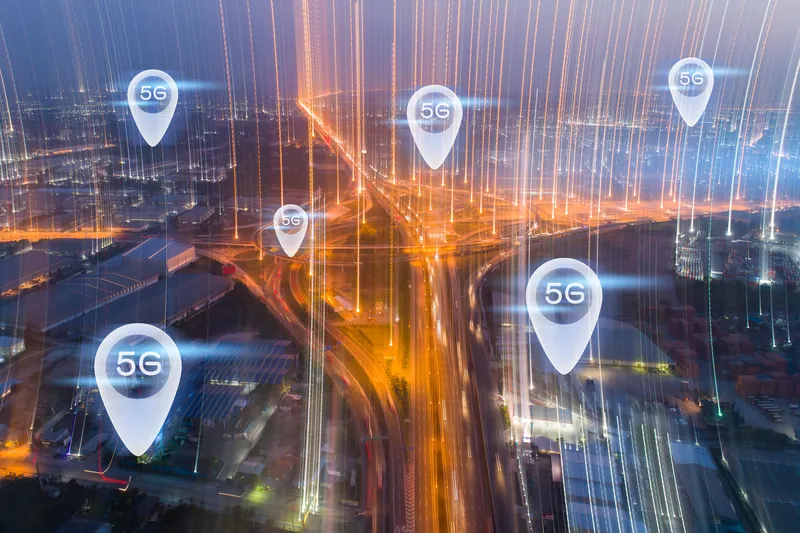The European GNSS Agency (GSA) and the European Commission have concluded Galileo Exploitation Delegation Agreement which delegates a range of tasks for Galileo to the GSA, providing a framework and budget for the development of services and operations through 2021 and serves as an initial step towards the full Galileo exploitation phase..
Under the terms of the Agreement, which runs until 2021, the European Commission is responsible for the overall programme supervision, the European Space Agency (ESA)
October 9, 2014
Read time: 2 mins
The 5810 European GNSS Agency (GSA) and the 1690 European Commission have concluded Galileo Exploitation Delegation Agreement which delegates a range of tasks for Galileo to the GSA, providing a framework and budget for the development of services and operations through 2021 and serves as an initial step towards the full Galileo exploitation phase..
Under the terms of the Agreement, which runs until 2021, the European Commission is responsible for the overall programme supervision,6780 the European Space Agency (ESA) is entrusted with the deployment phase, while the GSA is responsible for the exploitation phase.
For the exploitation phase, the GSA’s responsibilities include: Provision and marketing of the services; Management, maintenance, continuous improvement, evolution and protection of the space and ground infrastructure; Research and development of receiver platforms with innovative features in different application domains; Development of future generations of the system; and Cooperation with other GNSS.
The Galileo exploitation phase will be progressively rolled out starting in 2014 – 2015, with full operability scheduled for 2020.
“With Galileo, we aim to provide a tangible service to European citizens, and this Delegation Agreement ensures we have the tools and funding necessary to achieve this,” says GSA executive director Carlo des Dorides.
Under the terms of the Agreement, which runs until 2021, the European Commission is responsible for the overall programme supervision,
For the exploitation phase, the GSA’s responsibilities include: Provision and marketing of the services; Management, maintenance, continuous improvement, evolution and protection of the space and ground infrastructure; Research and development of receiver platforms with innovative features in different application domains; Development of future generations of the system; and Cooperation with other GNSS.
The Galileo exploitation phase will be progressively rolled out starting in 2014 – 2015, with full operability scheduled for 2020.
“With Galileo, we aim to provide a tangible service to European citizens, and this Delegation Agreement ensures we have the tools and funding necessary to achieve this,” says GSA executive director Carlo des Dorides.









